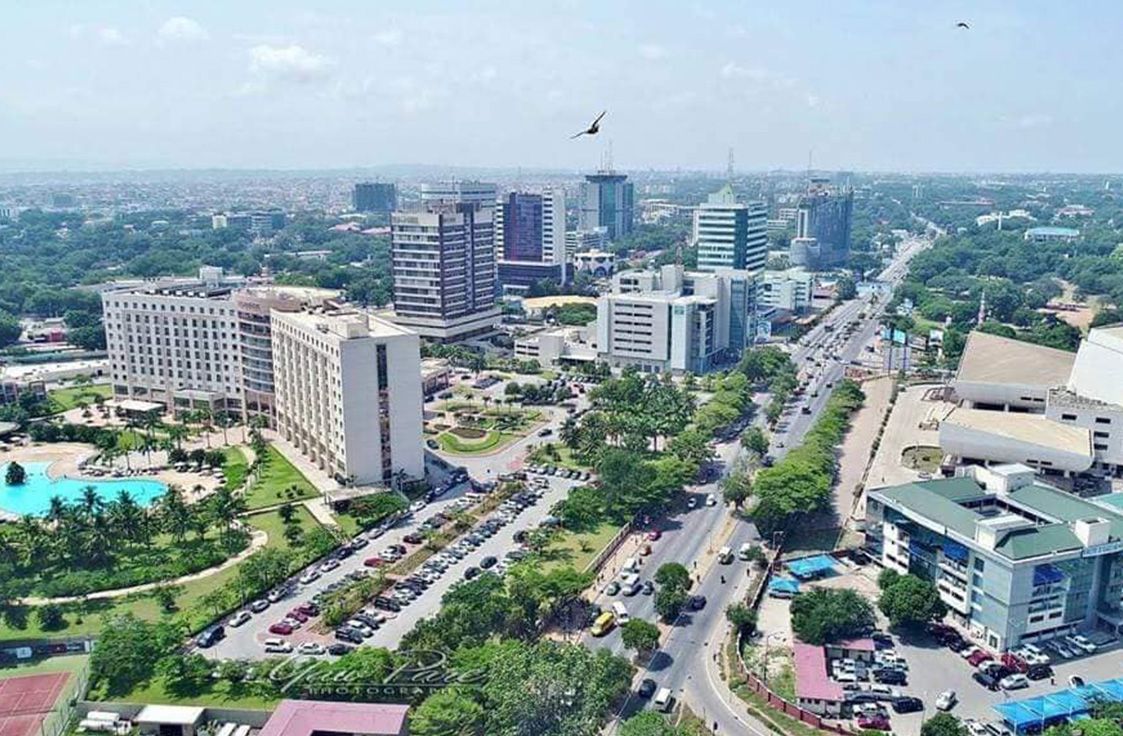Birches Group has been keeping track of the volatile economic conditions in Zimbabwe and wants to share updates on the current labor market conditions there.
Waning trust in local currency
Al Jazeera reports that Zimbabwean authorities are struggling to pull the Southeast African nation from the grip of a severe economic crisis characterized by a rapidly devaluing local currency. Trust in the Zimbabwean dollar (Zimdollar) has been low after people saw their savings depleted by hyperinflation in 2008. Our July 2022 salary survey of the Zimbabwe labor market notes that the economy had dollarized between 2009 and 2019.
Although the Zimdollar was reintroduced in February 2019, it continues to be sidelined in favor of the United States dollar (USD). Businesses and individuals see the USD as more acceptable overseas and better at holding long-term value. Because the Zimdollar became untradeable outside the country, employers were required to start paying salaries in USD.
Local media outlets such as NewsDay have confirmed that demand for USD salaries has increased across economic sectors. In an opinion piece for New Zimbabwe, African affairs expert Teresa Nogueira Pinto writes, “There are now increasing fears that the country will experience another hyperinflation crisis as in 2008.”
An exceptional situation
Our Market Monitor categorizes labor market conditions according to six levels of volatility. Since mid-July, Zimbabwe has been classified as Level Five, indicating a prevailing practice to denominate salaries in USD or Euros. In our most recent salary surveys of the country, we have further noted that employer participants across sectors (including the NGO sector) now denominate and pay salaries in USD. This includes cash and in-kind benefits.
However, our latest surveys indicate little to no market movement since February. We have not observed any activity in our multi-sector salary survey. But as of July 2022, we have seen minimal movement in our NGO salary survey: pay rates for support-level staff increased by 1.9% and at the professional or managerial level by 0.2%. Nevertheless, inflation has continued to soar in the triple digits since May. The Reserve Bank of Zimbabwe, the country’s central bank, reported an annual inflation rate of 256.9% in July from 191.6% in June.
Next steps for employers
It is vital to have policies and procedures to keep pay programs functioning and maintain business continuity in countries like Zimbabwe, where the labor market is unstable. A Special Measures Policy should be established to determine the triggers for updating salaries and benefits. In addition, organizations must decide how they plan to implement the next steps for their staff. Employees need to know that they can rely on their employer to assist them during times of crisis.
How we can help
We at Birches Group have extensive expertise in developing Special Measures Policies for organizations across different markets and sectors. Contact us today to find out how we can create one for you.
References:
- https://www.thezimbabwemail.com/capital-money-markets/devaluation-of-zimbabwean-dollar-could-lead-to-a-drop-in-investors-zse/.
- https://www.aljazeera.com/news/2022/7/26/zimbabwe-launches-gold-coins-to-stem-inflation
- https://fortune.com/2022/07/06/zimbabwe-inflation-gold-coin/.
- https://www.businessweekly.co.zw/zimbabwes-gdp-forecast-downgraded-amid-headwinds/.
- 15 August Market Monitor





